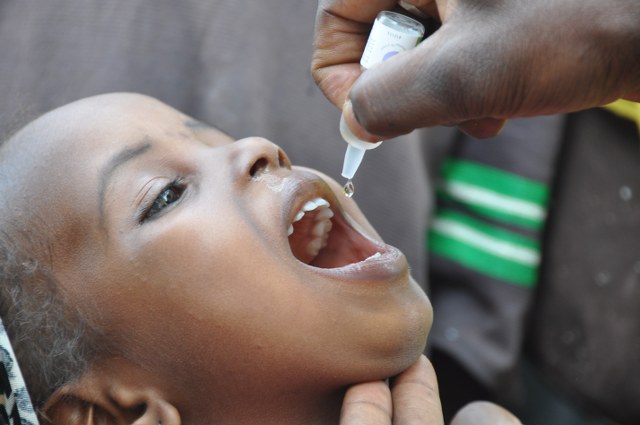A recent incident involving a polio vaccine in Zimbabwe has stirred concerns as the vaccine strain mutated, leading to the emergence of the vaccine-derived poliovirus (cVDPV2) that poses a threat to millions of children under ten in the region. Authorities in Zimbabwe are responding with urgency, announcing emergency measures that include deploying a more stable novel oral polio vaccine type 2 (nOPV2) through supplementary immunization activities.
The initial use of the monovalent type 2 oral polio vaccine (mOPV2) had unintended consequences, contributing to the current outbreak of the mutated virus. The country had transitioned to a bivalent oral polio vaccine in 2016 to address concerns about the type 2 component causing cVDPV, but challenges in outbreak response remained unaddressed.
The outbreak has not been confined to Zimbabwe alone, as neighboring countries such as Mozambique, Zambia, Malawi, Tanzania, and Burundi have also been affected. Surveillance efforts, including environmental testing and monitoring of human cases, have been instrumental in detecting and tracking the spread of the virus.
Authorities have highlighted the asymptomatic transmission of cVDPV2, emphasizing the importance of proactive measures to contain the outbreak. The upcoming emergency vaccination campaign using the nOPV2 is seen as a critical intervention to mitigate the spread of the mutated virus.
While global efforts to eradicate polio through vaccination have proven successful in reducing cases significantly, the recent incident underscores the need for continued vigilance and scrutiny in vaccine development and deployment. The outbreak serves as a reminder of the importance of robust vaccine safety protocols and independent scientific evaluation to maintain public trust in immunization programs.
As discussions on vaccine safety and oversight continue, it is essential for countries to engage in rigorous assessment processes and ensure that vaccination strategies align with the highest standards of safety and efficacy. Trust in national scientific authorities and adherence to global best practices are vital to safeguarding public health and maintaining confidence in vaccination programs.







